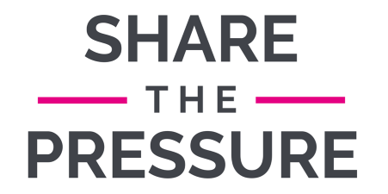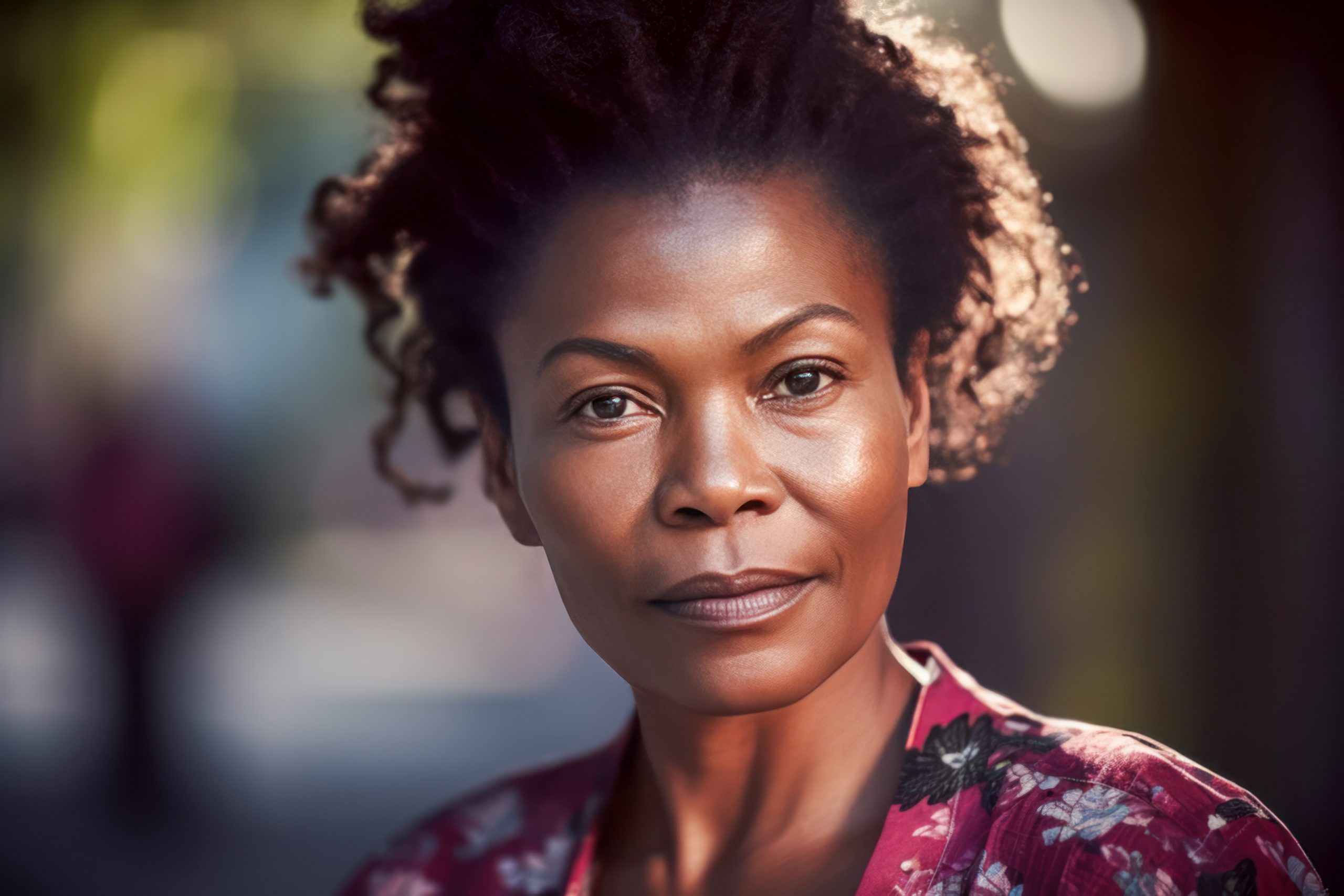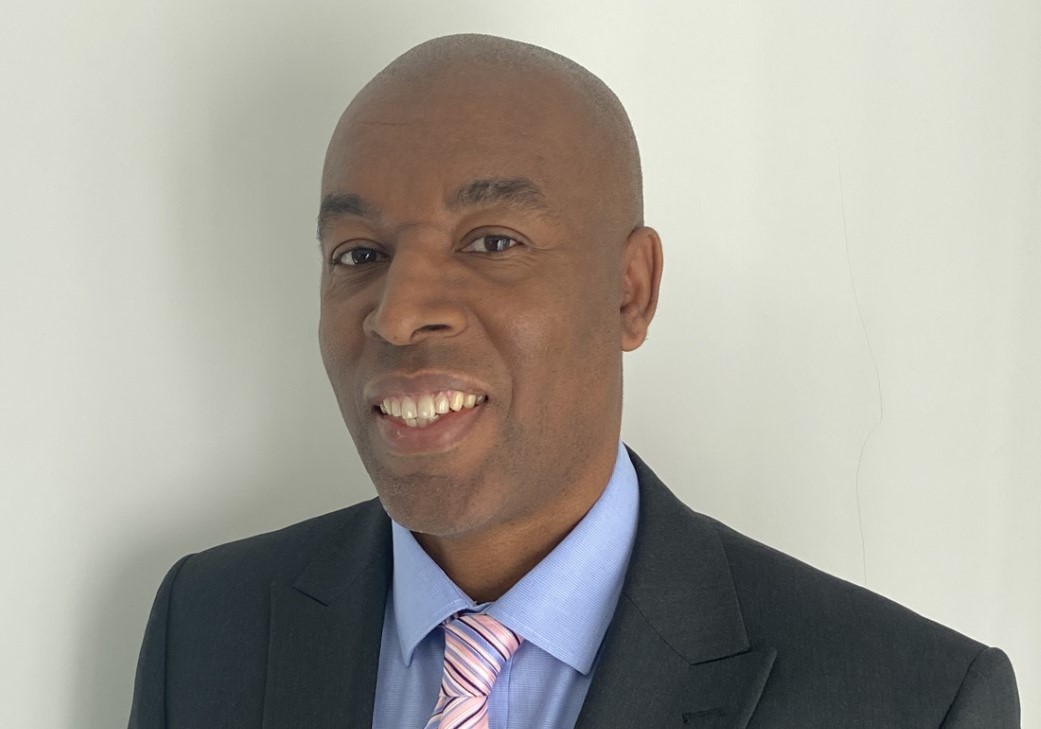
CASE STUDIES

SARAH’S STORY
Sarah is a 58-year-old Black Caribbean lady who kindly agreed to share her story with us.
“After giving birth at the age of 39. I had an emergency caesarean, and my blood pressure was high. I had around 12 hours in recovery and was kept in hospital for 2 weeks for my blood pressure to go down to a more ‘manageable’ level.
I was given medication for my BP and referred to the vascular risk clinic at my GP but wasn’t really given any information. There was no reference to any guidelines nor looking at lifestyle measures to manage or reduce blood pressure – just medication, and annual review with the cardiovascular nurse at my surgery.
I attend my annual cardiovascular review and occasionally I monitor it at home but find that being anxious about the reading makes things worse, so avoid doing these readings! I’ve had no information about monitoring at home, but I do notice if I am stressed, unwell, have poor sleep or I’m in pain because of other health conditions, that my blood pressure goes up.
I would describe myself as a reluctant taker of tablets, I prefer to focus on feeling as relaxed as possible and do yoga on a regular basis. I also try to eat healthy (I haven’t used salt in cooking for about 15 years) and walk as much as possible which I feel impact on my blood pressure.
I am not happy at all with my high blood pressure journey and feel I did not have sufficient information. Health practitioners really need to look beyond the numbers and have a more holistic approach. Finding out how my situation, being a single parent, having an emergency caesarean, relationship breakdown, caring for elderly parent, full time work, etc can impact on the body as a whole (including mental wellbeing), and therefore your blood pressure. Rather than just giving tablets and not exploring what else can be done to better support patients or for patients to better understand their blood pressure. There have been people who have lowered their blood pressure through changes, but this is not highlighted enough for others to try and see what can be done.
Early knowledge of high blood pressure is important as it came as a real shock to me. This should be more of a focus particularly where there is a parent of the patient who has had a form of CVD e.g., high blood pressure or angina. This would reduce the ‘surprise’ at diagnosis and enable individuals to look at making changes to how they prepare food, doing exercise where there is no financial costs such as walking. More needs to be focused on prevention and at an earlier age.
There should also be more understanding of people’s background and lifestyle that might affect how they manage their blood pressure. Telling someone to eat healthy is not the same for everyone. Food pays a big part in people’s cultural identity and not being able to eat some foods will have a real impact and can leave some people feeling excluded from cultural events. Just being told to reduce salt isn’t enough….”

DAVID’S STORY
David is part of the Share The Pressure team who has kindly shared his story through a Podcast.
Listen to his story to find out how his raised blood pressure was discovered, managed and treated and the impact it had on him on his journey of learning about and coming to terms with his cardiovascular risk.
